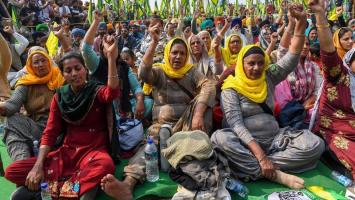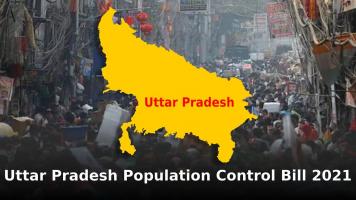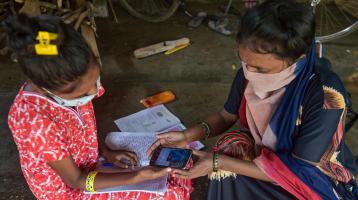Memo To Union Minister Of Law For Marriage Age Eligibility
On behalf of the All India Democratic Women's Association, we wish to express our deep concern about the recent judgment of the Delhi High Court, which lays down a general principle that the marriage of a minor girl is justified on grounds that it was of her own volition.
To
Shri H.R. Bhardwaj
Hon'ble Minister for Law
Government of India
New Delhi |
| |
| Dear Shri Bharadwaj ji, |
| |
| On behalf of the All India Democratic Women's Association, we wish to express our deep concern about the recent judgment of the Delhi High Court, which lays down a general principle that the marriage of a minor girl is justified on grounds that it was of her own volition. |
| |
| Child marriage continues to be one of the major reasons for continuing high rates of maternal and child mortality in India, and adversely affects women's educational and social status. By advancing the argument that a girl above 15 years can be said to have reached the "age of discretion" and any wilful marriage by her would be considered "valid, enforceable and recognizable in courts of law", the Court seeks to reopen an issue around which a consensus was built after a long debate and struggle on the question of the age of consent. |
| |
| As it stands, the present law sets the age of marriage of a woman at 18 years. Despite this, child marriage continues to be a wide-spread phenomenon in several parts of India. Such a judgment sends a wrong signal by condoning a violation of the law and could very well be used to legitimize child marriage. The reality is that many women are being forced into marriages at an early age against their will, often at the expense of their education and health. |
| |
| We would like to state that opposition to lowering marrige age should not be confused with the rights of teenagers. We also strongly condemn "honour killings" and the various ways in which young women are prevented from and punished for entering into self-choice marriages. |
| |
| The AIDWA demands that the Government intervenes strongly to ensure that there is no dilution of the minimum age of marriage. This could include an appeal to the Supreme Court. We would also request you to take steps to remove the present infirmities in the Child Marriage Restraint Act. |
| |






